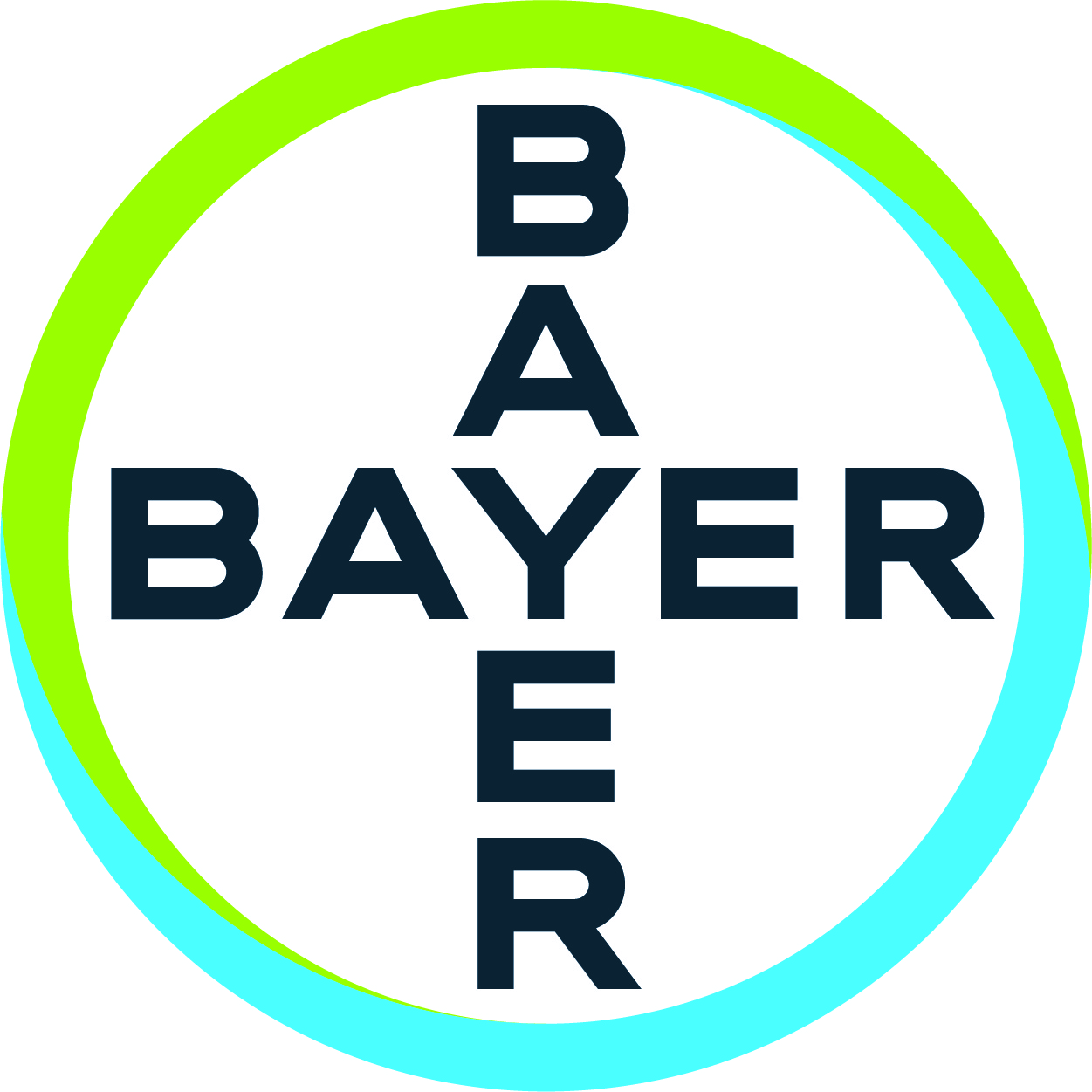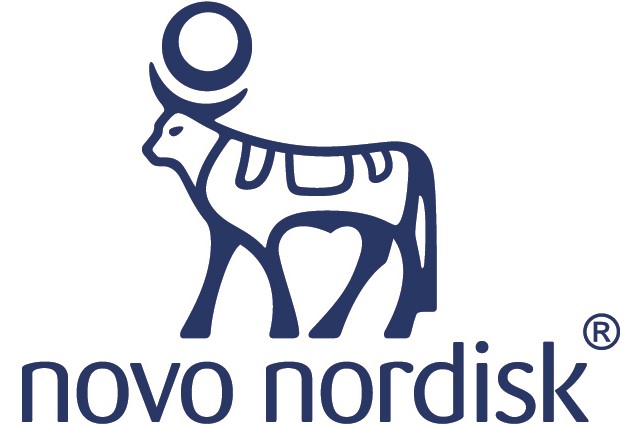The American Academy of Physician Assistant recognizes its responsibility to aid the profession in maintaining high standards in the provision of quality and accessible health care services. The following principles delineate the standards governing the conduct of physician assistants in their professional interactions with patients, colleagues, other health professionals, and the general public. Realizing that no code can encompass all ethical responsibilities of the physician assistant, this enumeration of obligations in the Code of Ethics is not comprehensive and does not constitute a denial of the existence of other obligations equally imperative, though not specifically mentioned.
Physician assistants shall be committed to providing competent medical care, assuming as their primary responsibility the health, safety, welfare and dignity of all humans.
Physician assistants shall extend to each patient the full measure of their ability as dedicated, empathetic, health care providers and shall assume responsibility for the skillful and proficient transactions of their professional duties.
Physician Assistants shall deliver needed health care services to health consumers without regard to sex, age, race, creed, socioeconomic and political status.
Physician assistants shall adhere to all state and federal laws governing informed consent concerning the patient’s health care.
Physician assistants shall seek consultation with their supervising physician, other health care providers, or qualified professionals having special skills, knowledge, or experience whenever the welfare of the patient will be safeguarded or advanced by such consultation. Supervision should include ongoing communication between the physician and the physician assistant regarding the cae of all patients.
Physician assistants shall take personal responsibility for being familiar with and adhering to all federal and state laws applicable to the practice of their profession.
Physician assistants shall provide only those services for which they are qualified via education and/or experience and by pertinent legal regulatory process.
Physician assistants shall not misrepresent in any manner, either directly or indirectly, their skills, training, professional credentials, identity, or services.
Physician assistants shall uphold the doctrine of confidentiality regarding privileged patient information, unless required to release such information by law or such information becomes necessary to protect the welfare of the patient or community.
Physician assistants shall strive to maintain and increase the quality of individual health care service through individual study and continuing education.
Physician assistants shall have the duty to respect the law, to uphold the dignity of the physician assistant profession and to accept its ethical principles. The physician assistant shall not participate in or conceal any activity that will bring discredit or dishonor to the physician assistant profession and shall expose, without fear or favor, any illegal or unethical conduct in the medical profession.
Physician assistants, ever cognizant of the needs of the community, shall use the knowledge and experience acquired as professionals to contribute to an improved community.
Physician assistants shall place service before material gain and must carefully guard against conflicts of professional interest.
Physician assistants shall strive to maintain a spirit of cooperation with their professional organizations and the general public.
Members shall adhere to the bylaws of the Academy and support the objectives and purposes contained therein.







